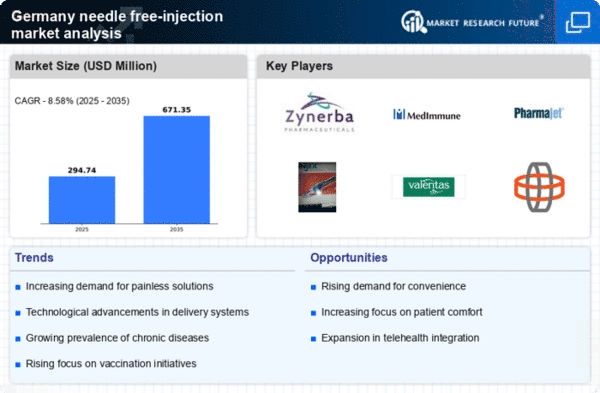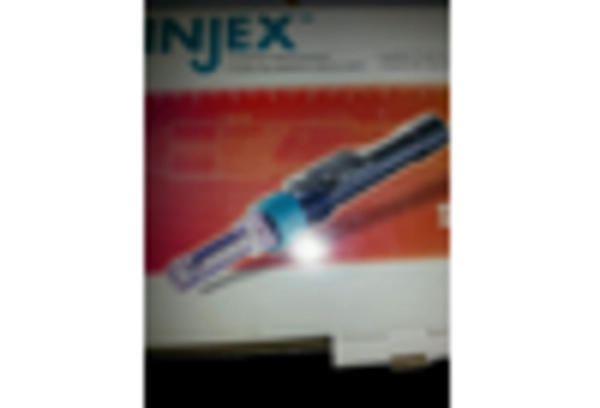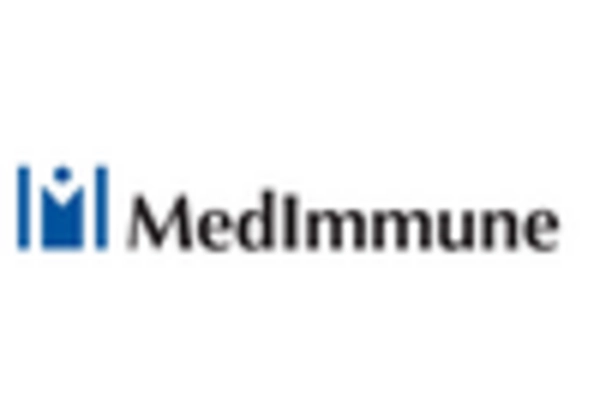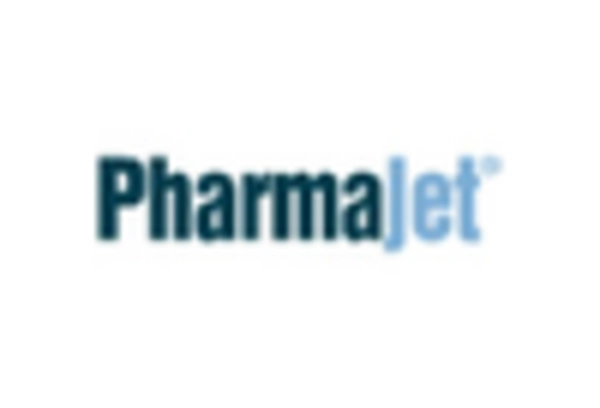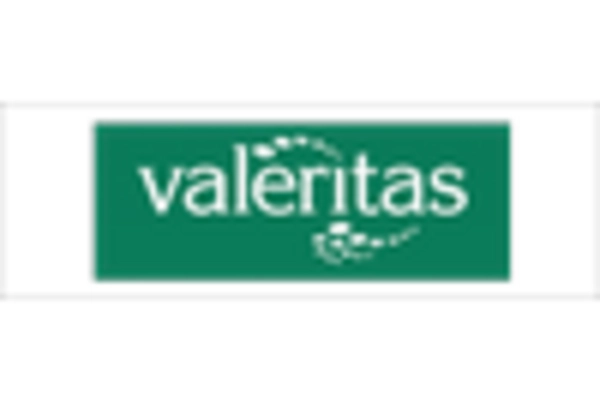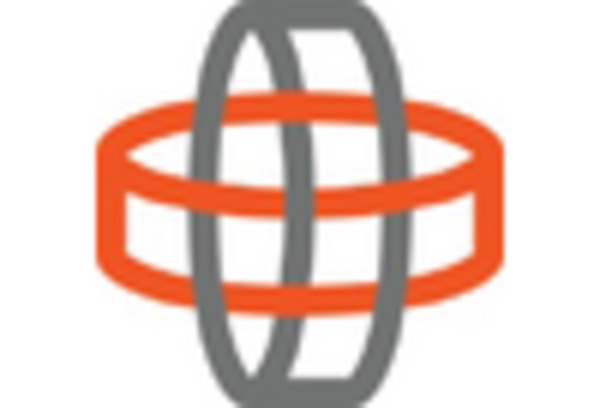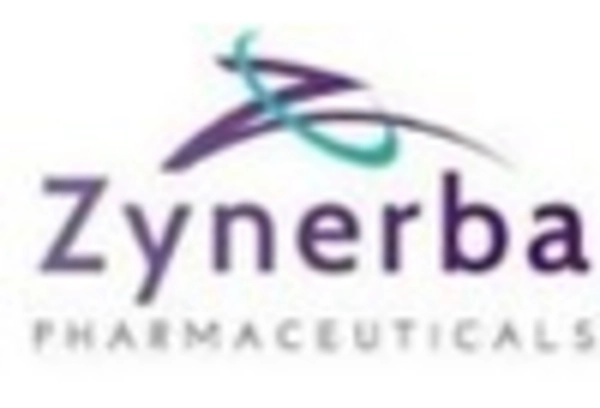Focus on Preventive Healthcare
The increasing emphasis on preventive healthcare in Germany drives the needle free-injection market. With a growing awareness of the importance of vaccinations and early disease detection, healthcare systems are prioritizing accessible and patient-friendly solutions. Needle free injections facilitate easier administration of vaccines, which is crucial for public health initiatives. The German government has allocated €1 billion towards vaccination programs, further underscoring the commitment to preventive measures. This financial backing is expected to bolster the needle free-injection market, as it aligns with the broader goals of improving health outcomes and reducing healthcare costs.
Advancements in Biopharmaceuticals
The needle free-injection market is significantly influenced by advancements in biopharmaceuticals, particularly in Germany. As the biopharmaceutical sector expands, the need for efficient delivery systems becomes paramount. Needle free technologies offer a viable solution for administering biologics, which often require precise dosing and rapid absorption. The market for biopharmaceuticals in Germany is projected to reach €30 billion by 2026, indicating a robust growth trajectory. This growth is likely to propel the needle free-injection market, as pharmaceutical companies seek to leverage innovative delivery methods to enhance the efficacy and patient compliance of their products.
Rising Demand for Pain-Free Solutions
The needle free-injection market in Germany is experiencing a notable surge in demand for pain-free medical solutions. Patients increasingly prefer methods that minimize discomfort, particularly in vaccination and chronic disease management. This shift is reflected in a growing number of healthcare providers adopting needle free technologies to enhance patient experience. According to recent data, approximately 70% of patients express a preference for needle free options over traditional injections. This trend is likely to drive innovation and investment in the needle free-injection market, as manufacturers strive to meet the evolving expectations of both patients and healthcare professionals.
Technological Integration in Healthcare
The integration of advanced technologies in healthcare is reshaping the needle free-injection market in Germany. Innovations such as digital health records and telemedicine are enhancing the efficiency of healthcare delivery, making it easier to implement needle free solutions. As healthcare providers increasingly adopt these technologies, the demand for needle free injections is likely to rise. The market is projected to grow at a CAGR of 15% over the next five years, driven by the need for streamlined processes and improved patient engagement. This trend suggests a promising future for the needle free-injection market as it aligns with the digital transformation of healthcare.
Environmental Considerations and Sustainability
Sustainability concerns are becoming increasingly relevant in the needle free-injection market. In Germany, there is a growing awareness of the environmental impact of medical waste, particularly from traditional syringes and needles. Needle free technologies offer a more sustainable alternative, reducing the volume of hazardous waste generated. As healthcare facilities strive to adopt greener practices, the needle free-injection market is likely to benefit from this shift. The German government has set ambitious targets for waste reduction, which may further incentivize the adoption of needle free solutions. This focus on sustainability could play a crucial role in shaping the future landscape of the needle free-injection market.


